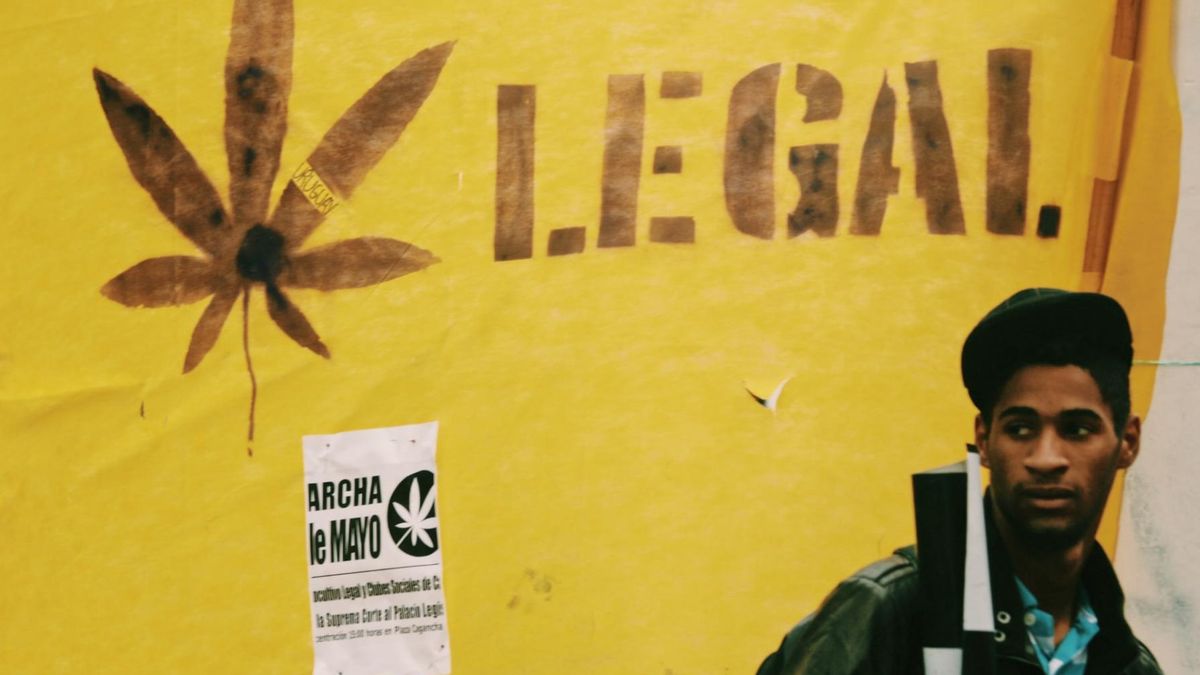JAKARTA - Hundreds of high school students in Eswatini, a country in South Africa, have become cannabis farmers after the government closed schools due to the COVID-19 pandemic. This choice was taken by the students rather than staying at home.
Phoso Mamba, one of the students who helped grow marijuana said he was employed in a cannabis field. And that choice is better to make a living. Phoso, now 17 years old, is an orphan. And money, for him is more important than any day before.
After all, Eswatini is unlike any other country that can implement schools from home. At Eswatini, COVID-19 is making education truly dead.
“With the school closed, I have to do something to make money, rather than just sitting at home. I decided to try my luck at growing hemp. I didn't know where to start at first. But I have asked my friend for help, ”said Phoso, quoted by Yeni Safak, Monday, September 28.
His efforts were fruitful. In a matter of weeks, Phoso and his friends are ready to harvest marijuana. Phoso and his friends now choose to sleep in the fields to look after the five finger plants they have planted. Phoso admits that he is afraid that the results of their hard work to grow marijuana will be taken by other parties because today the price of cannabis is at its best.
"I'm going to harvest soon. I don't want to make a mistake. I have to make sure everything is in order ... With South Africa still treating the key in the next few weeks, I'm sure the price (of marijuana) will be good," said Phoso.
Another student, Walter Magagula did the same. The closure of schools as well as the key to the region made it active in growing marijuana. Walter acknowledges the huge profits he can make from growing Swazi gold --same marijuana there. The advantage that made him rule out preparations for the school exam next October.
So promising the marijuana business, Walter has even bought a car thanks to the harvest. The car was even the first car that could be bought in the history of the Walter family living on Eswatini.
"My father is fine. He knows that I respect him and it is my contribution to the welfare of the family. This is not my car, but the family car. We will not rent a car or bother other people in an emergency," said Walter.
In reality, it's not just Mamba and Walter who take advantage of the school's closure by earning a fortune in the marijuana fields. Hundreds of schoolchildren in rural Swazi have done the same.
School or money
On the one hand, the proliferation of school children growing marijuana provides huge economic benefits. On the other hand, the teaching and learning activities at Eswatini were disrupted. A teacher at Lomahasha High School, Celiwe Dlamini, admitted that she was frustrated by the behavior of students who emphasized making money rather than school.
"The kids have tasted money. Now it's hard to teach. They have trouble concentrating. They don't do schoolwork, and we can't use corporal punishment, it's really frustrating," he said.
“It looks like COVID-19 is flooding their minds with a barrage of business ideas. They started growing dagga (marijuana) and smuggling it into Mozambique and in turn, smuggled Mozambican alcohol into Swaziland. It's not easy to reshape their mindset to focus on school work again, "said Dlamini.
The same condition was expressed by the director of a non-profit organization, Fundza, Nonkululeko Mdluli. He thinks that COVID-19 has damaged the education sector in Eswatini.
"I can't lie. Our education sector is very much affected by the COVID-19 pandemic, it will take months to get our children back on the right track. COVID-19 comes with many innovations, some of which are detrimental to education," said Mdluli.
Legalization of marijuana at EswatiniPreviously, the country of Swaziland, which became Eswatini, was one of the African countries that strictly prohibited the legalization of marijuana. However, when Prime Minister (PM) Ambrose Dlamini took office, marijuana was legalized by him in 2017.
Dlamini even launched the 2018-2023 Road Map Strategy which makes marijuana a farming business that can save the economy again. Not only that, Dlamini also consulted directly with stakeholders to initiate the Opium and Drug Bill.
Dlamini is confident in the steps he has chosen. This is because a company in the United States (US), Stem Holding, has officially become an investor of Swazi dagga (Swazi marijuana). Other unofficial markets for Swazi cannabis are South Africa and Europe.
Even so, the legalization of marijuana has been challenged by farmers who have been growing marijuana for generations. For them, legalization actually made Swazi's marijuana price decrease. "It's not a good thing to legalize marijuana. This move will lower the black market price," said Phoso Mamba, a student who is a marijuana farmer.
Walter thinks the same. "I'm not sure if we will continue to make money. I think it should remain illegal as it is."
Previously, this condition was surveyed by Afrobarometer. The research institute, in its survey which interviewed 1,200 Deasa people in Eswatini, said 57 percent disagreed with the idea of legalizing widespread cannabis cultivation to create economic opportunities.
The English, Chinese, Japanese, Arabic, and French versions are automatically generated by the AI. So there may still be inaccuracies in translating, please always see Indonesian as our main language. (system supported by DigitalSiber.id)













